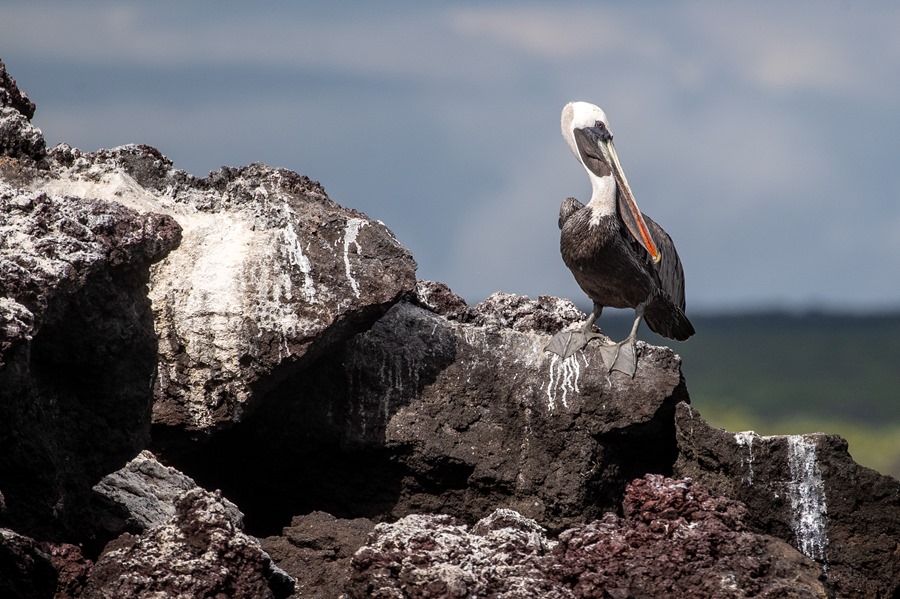In case of a bird flu pandemic, a vaccine may be available in 4 months

Antonio Broto |
Geneva (EFE) – The rapid spread of bird flu in recent years has heightened fears that the virus could become the next global pandemic, although the head of influenza prevention at the World Health Organization (WHO) stresses in an interview with EFE that the world is better prepared than before Covid. and vaccines could be available in even less than six months.
“It will be three or four months from the start of the pandemic before the first doses hit the market,” said Zhang Wenqing, who led the WHO’s global influenza prevention program for 12 years.
He clarified that it is no longer possible to prepare these vaccines, since they must be based on the most updated version of the virus, the same one that causes the hypothetical pandemic.


Undoubtedly, its genetic composition will differ from that currently circulating in nature, especially in migratory birds and increasingly in mammals such as seals, minks, sea lions, foxes, and more recently in domestic species such as dogs or cats.
“Countries like the US are stockpiling vaccines based on older versions of the H5N1 virus (which causes avian flu), which could perhaps be used initially as first doses to buy time until others with updated content are developed and based on new versions,” Zhang said. marked.
Since 2020, a new evolution of avian influenza H5N1 2.3.4.4B has rapidly spread among the above-mentioned migratory birds throughout the Americas, and more cases are being reported in mammals, including cows and goats, on US farms. .
WHO does not sound the alarm after cases of infection in cattle
Last April, the first known spread of the disease from a mammal to a human (a dairy farm worker in Texas) and the fact that the virus was found in the milk of infected cows raised concerns, although the WHO currently maintains the risk of an H5N1 epidemic. is “low”.
“Since 2021, 28 human cases have been reported, of which 13 are type 2.3.4.4B,” Zhang recalled. Among these 13 cases, two were confirmed in Spain, one in Chile and another in Ecuador.


Since the first cases in humans were recorded 20 years ago, about 900 cases of infection have been confirmed and in more than half of them the patient has died, although the expert asked to take into account the possibility that only the most severe cases were detected, requiring hospitalization.
Another possible explanation for such a high number of deaths is that “at this point, it is an animal virus that tends to attach to human receptors in the lower part of the respiratory system (lungs), so it usually causes severe forms of disease such as pneumonia. “
The virus is trying to move to new species
In general, the expert emphasizes, the world will be relatively prepared for a hypothetical large-scale arrival of bird flu to humans, the species to which, according to her, the H5N1 virus is trying to adapt.
“The virus is under increasing pressure to overcome the species barrier and establish itself in the human population. Every time it infects a person, it’s an attempt,” Zhang emphasized.
The epidemiologist recommended that people at risk of contracting bird flu, such as farm workers, get vaccinated against the regular seasonal flu.
Although in principle this will not protect against the first of these diseases, it will reduce the risk of the coexistence of two viruses in the same human body, creating a possible breeding ground for future dangerous mutations.
The spread of the avian influenza virus to America and to various species of mammals occurred over several years (from 2020 to 2022), during which the alarm on influenza pathogens was reduced on the planet, primarily due to the mandatory attention to covid, but also because that preventive measures have minimized the spread of common seasonal influenza.
Even so, Zhang noted, the world is better prepared for possible pandemics, such as the one that could cause bird flu, thanks to the experience of Covid-19, as well as new tools such as messenger RNA vaccines created to combat the coronavirus. , and which he believes can also be adapted against the influenza virus.